For Mrs Pravita Subin, being a caregiver to both aging parents and a child is no easy task. The 37 year old, who works as an operations specialist for public transport operator SMRT, had to previously balance exhausting shift work with looking after her family’s needs.
Thankfully, a change in her portfolio has allowed her more predictable working hours, so that she can be there for her loved ones.
“Carving a career while caring for my elderly parents and child can be hard,” Mrs Subin acknowledges. “Thankfully, my company grants paid caregiving leave, which gives me peace of mind to care for my family and attend their medical appointments. Such support assures me that my company cares for my welfare too.”
Mrs Subin’s circumstances mirror a difficult balancing act faced by many – threading the delicate line between work and caregiving responsibilities.
The newly released Forward SG report emphasised that Singaporeans must be better supported no matter their evolving circumstances and needs. The report, which comprised findings from the Forward SG exercise held over the last 16 months, underscored the need to support families at every stage of life and empower seniors to age well. It also acknowledged that as part of its #EveryWorkerMatters Conversations (#EWMC), the NTUC has also called for more measures to give workers peace of mind in balancing work and caregiving responsibilities. Flexible work arrangements (FWAs) are one important way to achieve more family friendly workplaces. In fact, in an NTUC online survey of 1,000 workers with caregiving responsibilities, 52% required having to take time off, 43% reported taking no-pay leave, and 42% had to take leave frequently. This has resulted in the loss of numerous job benefits and less opportunities for career progression.
Women workers, who bear a disproportionate share of caregiving, are also most impacted as caregiving increases. Statistics have shown that women are five times more likely than men to be managing housework and caregiving responsibilities (in dual-income households). Women are four times more likely to have left their jobs for caregiving than men too.
Of course, most workers – both men and women – have career aspirations and need a job to pay the bills. Yet, having to care for loved ones after a long day at work takes its toll on the mind and body, especially when support is unavailable.
So how can our caregivers be better supported, and (no pun intended) cared for?
Caring for our caregivers
NTUC U Women and Family (U WAF) has teamed up with environmental services firm Chye Thiam Maintenance to launch a first-of-a-kind programme that offers 500 roles that cater to women’s caregiving schedules.
Director of U Women and Family Ms Yeo Wan Ling believes that Flexible Work Arrangements is something that’s important to keep women in the workplace as well as to attract women to re-enter the workplace.
Since August 2022, NTUC has engaged 42,000 Singaporeans through the #EveryWorkerMattersConversations, including caregivers from all walks of life. This has resulted in a renewed Worker’s Compact, to support workers in achieving work-life harmony and help employers retain talent through mutual trust, flexibility and paid caregiving support.
Two recommendations have been put in place, the first of which is a call for workers to have access to more flexible work arrangements (FWA) to manage unique caregiving needs. For example, some workers may require remote work arrangements to ensure that they are present to supervise care for their loved ones. Others may need flexi-hours or staggered hours so they can ferry their loved ones to and from care service providers.
“As a working mother, I wish the future workplace would be a hybrid workplace allowing employees to work from home and also on-site so that we can have more flexibility to balance work and family responsibilities,” shared Ms Poornima Nadarajah, 47, a Freelance Information Technology Trainer.
As such, NTUC recommends that employers:
- Undertake job redesign to offer FWA that meet caregivers’ needs. Outcomes from such job redesign could be showcased to encourage more employers, especially in sectors with in-person work, to adopt similar measures and provide caregivers more FWA options.
- Disclose the details and types of FWA offered in job advertisements. This could be included as a mandatory information field in MyCareersFuture when employers post job advertisements. MyCareersFuture should also allow jobseekers to filter job advertisements based on the specific type of FWA that suits their needs.
- Tripartite partners should strengthen the value of the Tripartite Standards logo in helping workers to identify progressive employers offering FWA during their job searches. This will also incentivise more employers to adopt Tripartite Standards on FWA to obtain the logo.
Another recommendation is that workers need more support to care for their elderly family members. Here are NTUC’s proposals for change:
- More paid caregiving leave to support caregivers. Caregivers currently do not have any statutory leave to care for elderly, ill or disabled family members. Leave should be flexible enough to cover chronic illnesses, and physical as well as mental conditions.
- Unpaid leave for unexpected care needs. In this regard, the Tripartite Standard on Unpaid Leave for Unexpected Care Needs introduced in 2018 encourages employers to voluntarily offer up to two weeks of unpaid leave per year for employees to care for immediate family members during or after hospitalisation.
- Enhance employee support schemes for elderly family members. For instance, employers can extend medical and insurance coverage to workers’ elderly family members.
- Improve accessibility and affordability of eldercare. Workers with eldercare responsibilities experience difficulties navigating the landscape of care services, and face administrative burdens applying for subsidies, services and managing the needs of their loved ones. Stakeholders are encouraged to continue working on assuring caregivers of their ability to access and afford the eldercare services they need.
As we all know, shouldering caregiving responsibilities is a big challenge for workers. Caregivers need to know that their needs matter as well, as they work sacrificially to care for those near and dear to them.
Every bit of support from every stakeholder counts.
Head here for more details on the recommendations to support our caregivers and the publication of #EveryWorkerMatters Conversations.
This post is brought to you in collaboration with NTUC.
By Rebecca Wong.
* * * * *
Like what you see here? Get parenting tips and stories straight to your inbox! Join our mailing list here.
Want to be heard 👂 and seen 👀 by over 100,000 parents in Singapore? We can help! Leave your contact here and we’ll be in touch.



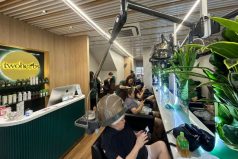
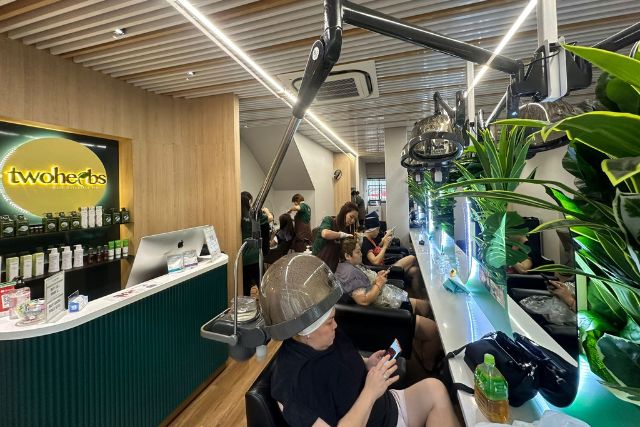


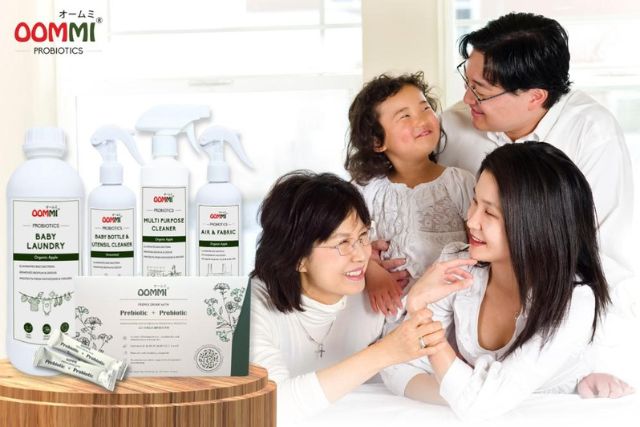
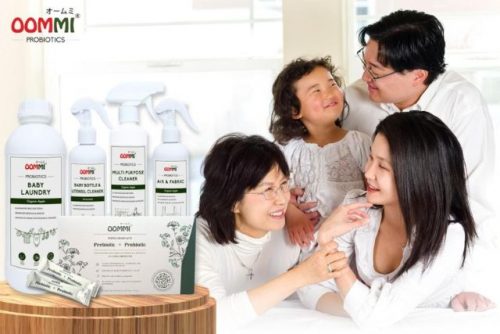



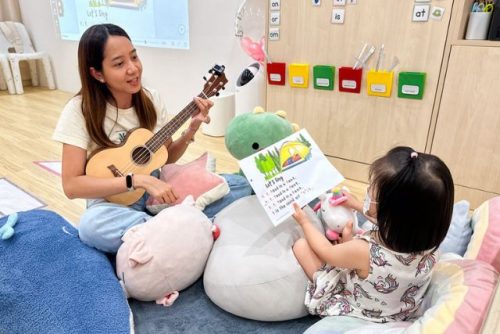


























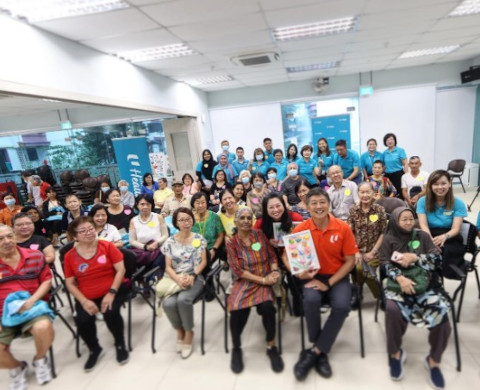

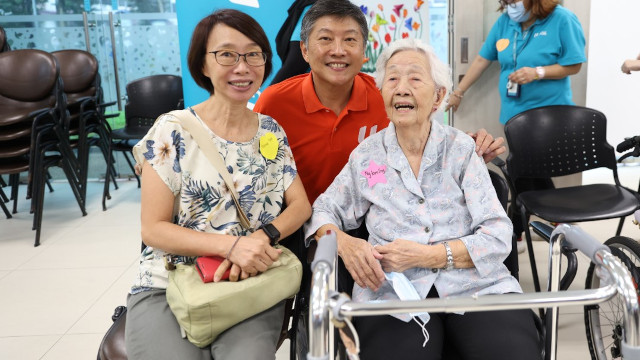











Leave a Comment: